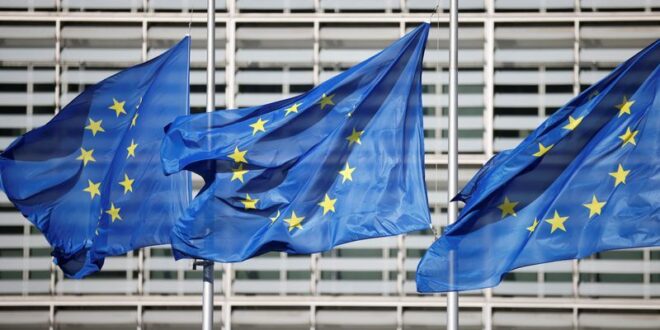BRUSSELS (Reuters) – The European Commission will not add any new import bans in its next package of sanctions on Russia, EU diplomats said, as a 13th package proposal takes its final shape.
The Commission and European Union member states want to quickly pass a new set of measures to mark the second anniversary of Russia’s invasion of Ukraine on Feb. 24.
Despite calls from some EU countries to ban more Russian exports like aluminium, the Commission will propose a package it hopes will cause minimal debate among member states so it is passed quickly.
Member states need to vote unanimously to adopt new sanctions.
“There will be hundreds of listings… entities and individuals. No big (company) names,” one of the diplomats said.
The diplomat said the Commission proposal – which could arrive as early as this week – would also expand the list of Russian companies that EU firms cannot sell dual-use goods to.
Dual-use goods are those items that can serve a purpose in ordinary life as well as on the battlefield to make weapons such as drones.
The sources added that once the 13th sanctions package is passed, the Commission will quickly propose a 14th set of measures which could include some new import bans.
The EU has already banned many big ticket items such as sea-borne Russian oil imports and, most recently, diamonds.
Brussels believes little is left that EU countries could find unanimous agreement on, with Russian nuclear fuel and liquefied natural gas sanctions considered off the table for now.
The EU will also soon adopt a first-step law to set aside windfall revenues from Russia’s 300 billion euros of immobilised assets, mostly held in Europe. The EU hopes to use these revenues to fund Ukraine’s reconstruction. This could amount to some 15 billion euros over 4 years.
(Reporting by Julia Payne; Editing by Andrew Cawthorne)
 BeritaKini.biz Berita Viral Terkini di Malaysia
BeritaKini.biz Berita Viral Terkini di Malaysia





